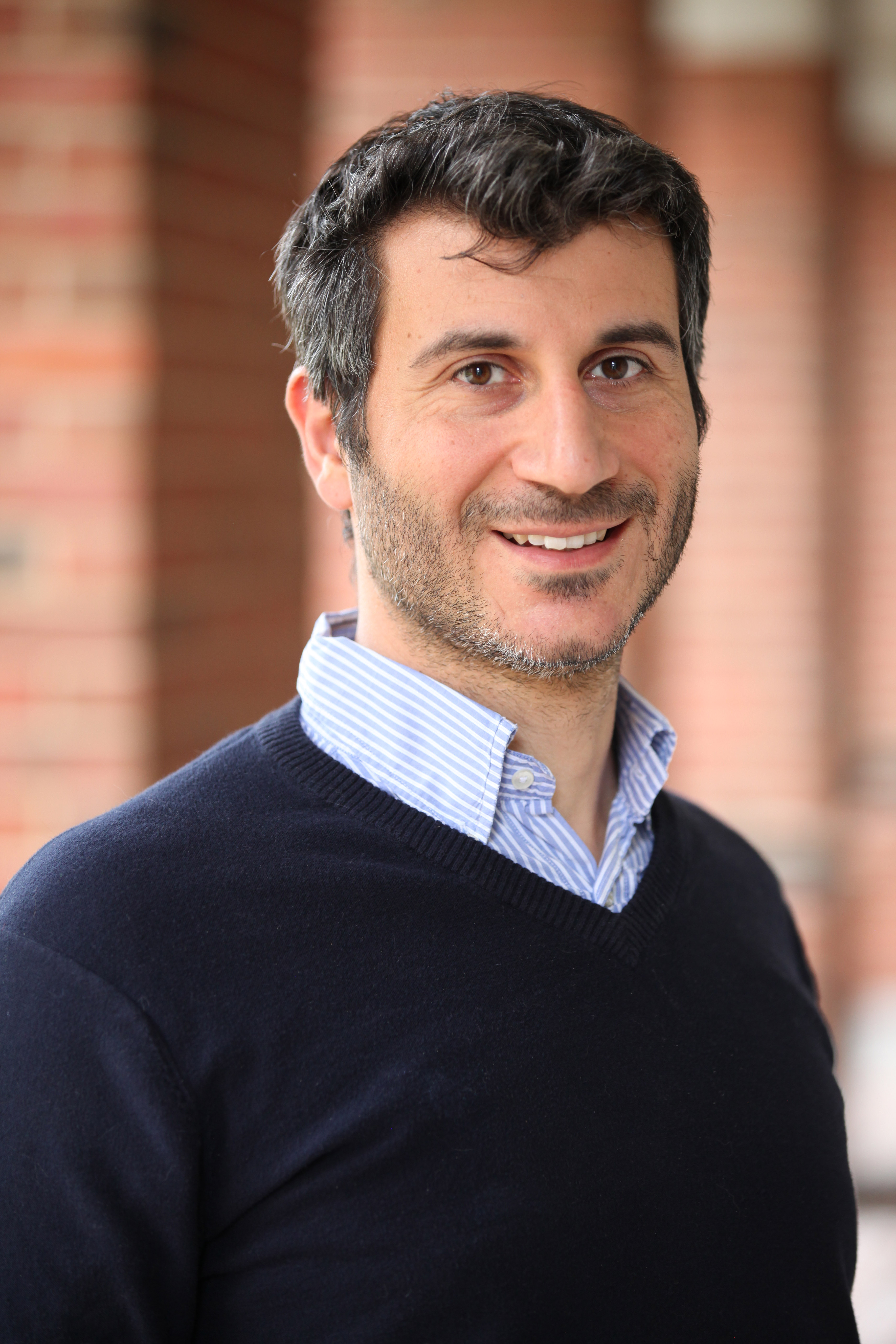While substantial progress has been made in the control of electric grid considering the cyber and physical characteristics, there has been a gap in the integration of smart grid research as it integrates with human behavior -- especially in interactions with energy management systems. For example residential energy consumption has been rapidly increasing during the last decades, especially in the U.S. where 2.6 trillion kilowatt-hours were consumed during 2015, and an additional 13.5% increase is expected by 2040 .
Simone Silvestri is currently an Associate Professor in the Department of Computer Science of the University of Kentucky. Before joining UK, Dr. Silvestri was an Assistant Professor at the Missouri University of Science and Technology. He also worked as a Post-Doctoral Research Associate in the Department of Computer Science and Engineering at Pennsylvania State University. He received his Ph.D. in Computer Science in 2010 from the Department of Computer Science of the Sapienza University of Rome, Italy. Dr. Silvestri's research is funded by several national and international agencies such as NIFA, NATO and the NSF, and he received the NSF CAREER award in 2020. He published more than 80 papers in international journals and conferences including IEEE Transactions on Mobile Computing, IEEE Transactions on Smart Grids, ACM Transactions on Sensor Networks, IEEE INFOCOM, and IEEE ICDCS. He served in the organizing committee of several international conferences including as General Co-Chair of IEEE ICNP, Technical Program Co-Chair of IEEE SECON, IEEE SmartComp, and IEEE DCOSS. He also served in the Technical Program Committee of more than 100 conferences, including IEEE INFOCOM, IEEE ICNP, IEEE SECON and IEEE GLOBECOM.
Collaborative robots have been widely employed to assist humans in an increasing number of areas. Just as human-human collaboration, the trust in human-robot teams has a property of bidirectional. However, few studies have been conducted on both human-trusting-robot issue and robot-trusting-human issue in a unified framework for human-robot collaboration. The project addresses this challenge by developing a new systematic Bi-Trust framework to integrate humans? trust in robots and robots? trust in humans into the human-robot collaboration process.
The goal of this proposal is to establish a framework for cascading failure abstraction and vulnerability analysis in Cyber-Physical Systems (CPSs), empowered by data. CPSs are critical to modern society, however, they are vulnerable to attacks and failures. The failures in CPSs are more destructive because of cascading failure, which means that the failure of a part of the system can cause failure in the rest of the system and result in more severe damage.
I am on the faculty in the Civil and Environmental Engineering Department at the University of Michigan. My research is on control of energy systems.



